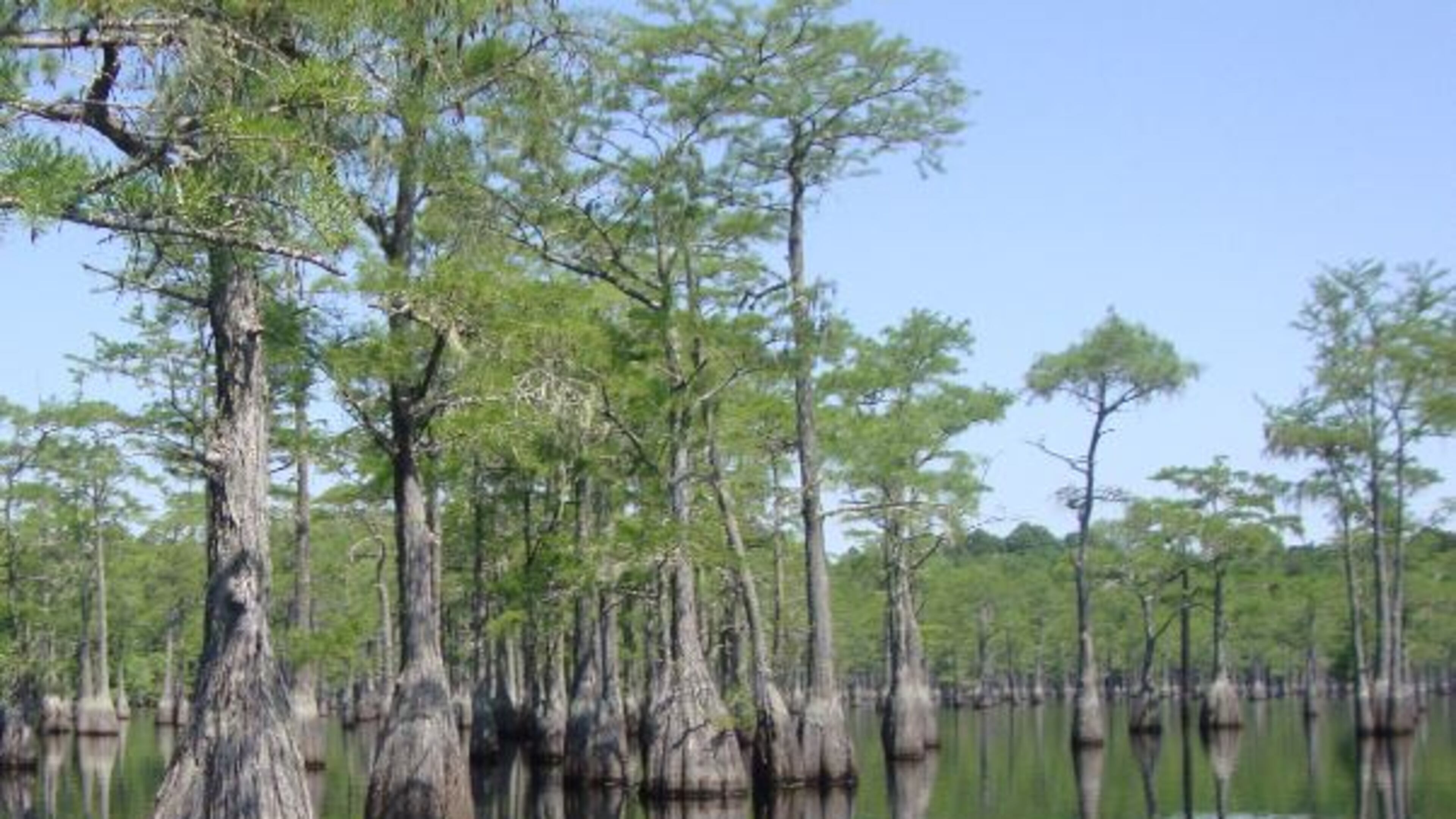Textile plant with history of pollution violations will shut down

A textile plant that has long drawn the ire of environmentalists for its history of pollution violations along the Ogeechee River in eastern Georgia announced this week that it plans to shut down.
The factory, known as the Longleaf Plant, is operated by the fabric, flooring and chemical manufacturing giant Milliken & Company and is located in rural Screven County north of Statesboro. In a release, the company said it is shifting the plant’s production of flame-resistant fabrics and other textiles to an updated and expanded plant 200 miles north in Blacksburg, South Carolina.
Milliken — which is headquartered in Spartanburg, South Carolina, and has several other factories in Georgia and around the Southeast — said it will offer the 260 employees affected by the plant’s closure transfers to other company locations or job search assistance.
Kevin Brown, senior vice president of global operations for Milliken’s textile business, said the company expects the plant’s decommissioning to wrap up in early 2023. Georgia Department of Labor records show the company has notified the state that it expects 203 employees to be affected by Sept. 12.
“We recognize the valued service of our Longleaf associates and will make every effort to transfer those who wish to stay with Milliken or connect them with alternative employment,” Brown said in a release.
Milliken purchased the plant from its previous owner, King America Finishing, in 2014.
While under King America’s control, the facility was embroiled in controversy after more than 38,000 fish were found dead downstream from the plant in 2011, in one of the largest fish kills in Georgia history.
Georgia’s Environmental Protection Division launched an investigation into the incident and discovered that the plant had been illegally discharging wastewater into the Ogeechee for years. But EPD and the federal Environmental Protection Agency determined that a confluence of factors led to the fish kill and did not find pollution from the plant was the cause of the tragedy.
Still, King America was fined $1.3 million by EPD for the discharges and later settled a Clean Water Act lawsuit filed by the nonprofit Ogeechee Riverkeeper for $2.5 million.
In the years since it was acquired by Milliken, the plant has been slapped with several other violations. Federal records show it has been out of compliance with the Clean Water Act in 11 of the last 12 quarters. Since 2015, state regulators have also fined the facility more than $267,000 for a range of water quality violations, including exceeding discharge limits for formaldehyde, ammonia and fecal coliform.
In an emailed response to questions about its environmental record, Brown said Milliken assumed King America’s wastewater permit when it acquired the company back in 2014. Since taking over, Brown said the company has invested more than $5 million to improve its wastewater system and has “worked diligently to meet the permit requirements.”
“We recognize the importance of being good environmental stewards, and we currently operate under one of the most stringent wastewater permits ever issued by the Georgia EPD,” Brown added in a statement.
Damon Mullis, the executive director of the Ogeechee Riverkeeper, lamented the loss of jobs the plant’s closure will trigger in Screven County. About one-fifth of the county lives in poverty and the median household income is more than $21,000 below the Georgia average.
But Mullis praised the environmental benefits the factory shut down will have on the Ogeechee River, one of the state’s few remaining free-flowing rivers.
“It is with mixed emotions that we receive this news, recognizing the long term benefits to the river while acknowledging the social and economic impacts to the community,” Mullis said in a release. “That said, this removes the primary source of industrial effluent into our river.”



